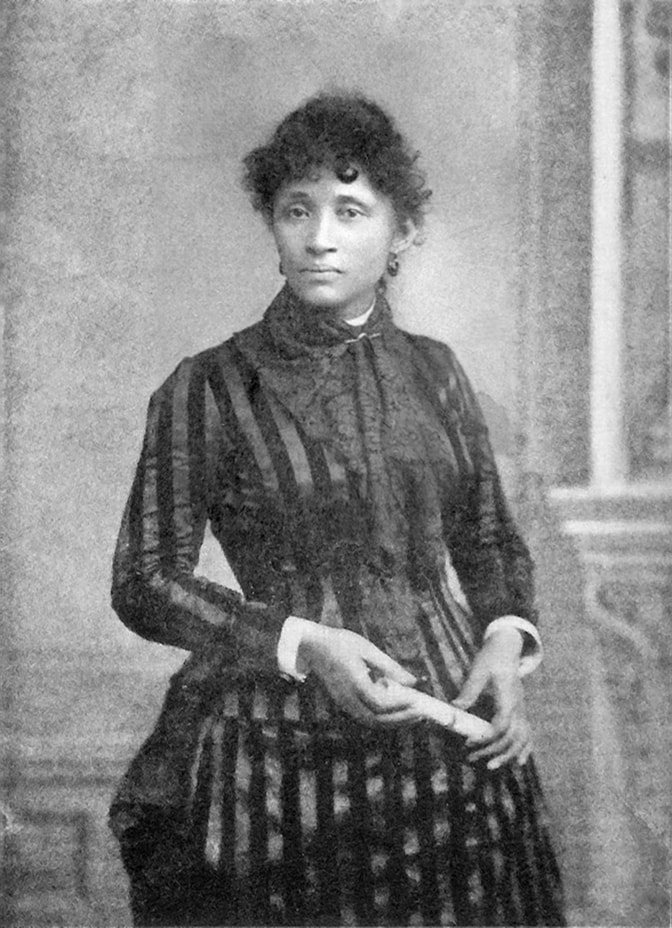Although Lucy Parsons was one of the first and most important African American activists on the left, there is scanty historical documentation about her origins. It is believed that Lucy Parsons was born on a plantation in Hill County, Texas around March of 1853. Significantly there is evidence that indicates Parsons was born a slave. Her biographer argues that Lucy may have lived for a while with a former slave by the name of Oliver Gathing. Later she married Albert Parsons in 1871. Albert became a white radical Republican and Reconstructionist, after first serving as a Confederate soldier in his youth. Due to their political viewpoint and interracial marriage, Lucy and Albert were forced to migrate from Texas to Chicago in 1873.
Albert and Lucy Parsons arrived in Chicago during a period stamped by an economic crisis (the Depression of 1873) and intense labor unrest. Living among Chicago’s impoverished yet militant workers served as the catalyst for the Parsons’ political transformation from radical Republicanism to participants in the radical labor movement. Their initial association with the political left was through the Social Democratic Party and the First International, founded by Karl Marx and Friedrich Engels. It was through this contact that the Parsons became aware of the socialist ideology of Marxism. They later became members of the Chicago Chapter of the Workingmen’s Party (WPUSA) and many of its meetings were held in the Parsons’ home.
A turning point in U.S. history transpired during the year of 1877. That year marked the end of the Reconstruction era and the start of the first general strike ever witnessed in this country, the Great Railroad Strike. Lucy Parsons, as a WPUSA partisan, was actively involved in the strike. By the end of 1877, however, there was a split in the Party and from out of this rupture emerged the Socialist Labor Party (SLP). Lucy Parsons joined the SLP and wrote for its paper, the Socialist. She was also in the leadership of the Working Women’s Union, an ancillary organization of the Party, and she campaigned for women’s suffrage and equal pay for women. SLP’s political reformism and peaceful approach to capitalism eventually led to Lucy Parsons’ departure. A staunch militant revolutionary, Parsons advocated the overthrow of capitalism and African American armed resistance to racist violence. In 1892, Parsons founded her own newspaper, Freedom. This paper addressed such issues as lynching and the plight of African Americans in peonage.
By 1905, she became a founding member of the Industrial Workers of the World (IWW). As an IWW organizer, Parsons fought on behalf of the homeless and unemployed, and she led significant battles on their behalf in San Francisco in 1914 and Chicago in 1915. She was also engaged in the struggle to support political prisoners and joined in the defense of Scottsboro Boys and Angelo Herndon with the leftist civil-rights organization, International Labor Defense. Parsons joined the Communist Party in the 1939 and died in a house fire on March 7, 1942.

